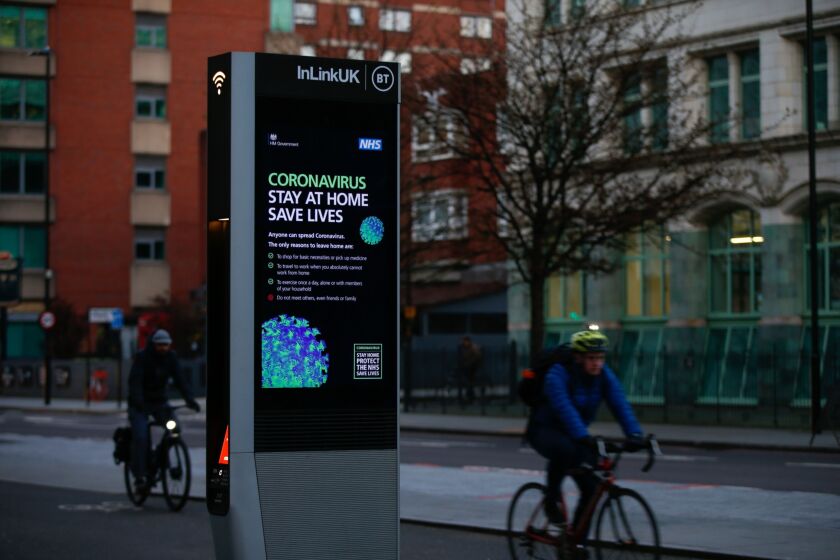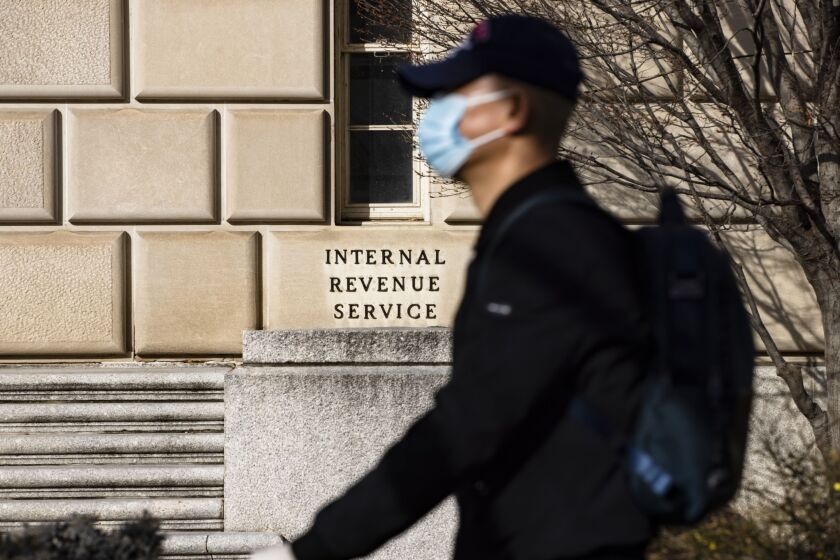On Friday morning, Fiona Lockyer logged onto the U.K. Live Events Freelancers Forum — a Facebook group with more than 7,500 members who are all self-employed contractors within the U.K. entertainment industry — to be greeted by a mixture of relief and confusion.
For Lockyer and many others who work in the gig economy, which employs some 4.7 million people in the U.K., the Self Employed Income Support Scheme announced by the U.K. government last week will prove a lifeline amidst the widespread economic chaos resulting from the coronavirus-induced lockdown. A taxable grant covering up to 80% of a self-employed individual’s estimated income over the next three months, to be paid in a single lump sum at the beginning of June, the scheme will provide a vital lifeline for many of these workers who have seen their regular sources of income disappear almost overnight.
“It has solved an awful lot of stress and worry,” said Lockyer. “The events industry shut down voluntarily ahead of everybody else. My last event was March 11, and the fact that self-employed people were completely left off the initial government payment announcements and not even considered was really scary.”
The gig economy flourished in part for its ability to get timely payments to workers. Uber and Lyft, for example, offer express payments to drivers who need to use those funds to refill their gas tanks before picking up the next rider. But these payment innovations mean very little when there isn't sufficient money flowing into the system.

The U.K.'s grant to self-employed workers should ease this pain, but there are still many problems to be solved. Firstly, the payments will not be processed until June, meaning Lockyer and others will have to apply for the Universal Credit unemployment benefit payments scheme in the meantime. And the grant does not apply to new freelancers, who have yet to file a tax return — having only been working in the gig economy since April 2019 — as well as the many gig economy workers who have registered themselves as limited companies rather than sole traders.
The Association of Independent Professionals and the Self-Employed (IPSE), which has been working with the government to devise the new Income Support scheme, based on a similar model being rolled out in Norway, expects that there will be changes.
The Internal Revenue Service will allow businesses that got their Paycheck Protection Program loans forgiven to write off expenses paid for with that money, shifting policy after Congress passed new legislation last month.
The Internal Revenue Service and the Treasury Department released guidance on claiming deductions for expenses associated with Paycheck Protection Program loans that have been forgiven.
The Internal Revenue Service is once again depositing the latest round of Economic Impact Payments in the wrong bank accounts in a replay of problems experienced last year by many taxpayers.
“There are about two million people who have registered themselves as limited companies,” said Ryan Barnett, an IPSE economist. “We need better protections for these different groups, and hopefully people who’ve been self-employed for a short amount of time can become eligible. The government’s attitude is they tend to roll these things out, and then work back to fill in the gaps a little bit.”
While the current scheme is only supposed to cover the next three months, Alan Lockey, head of the Royal Society’ Future Work Centre, predicts it will later have to be extended to a minimum of six months due to the scale of the ongoing crisis.
“I think both the employee and self-employed packages will be extended,” said Lockey. “I think the government will keep paying until we’re out of this, because what’s the alternative? It’s difficult to see an exit strategy within the current timeline. Maybe in six months, there might be grounds for thinking that we might be able to restore some of the economy beyond the summer.”
But when the crisis does subside, there is a serious danger that besides delivery and distribution workers, there may be not much of the gig economy left.
As entire industries struggle to re-emerge from lockdown, many workers are likely to be left relying on Universal Credit payments for a prolonged period of time. Barnett predicts the economic impact to be far more severe than the 2008 financial crisis, pointing out that many entertainment industry workers have already had jobs cancelled until the end of 2021.
“That is long term economic malaise locked in,” he said. “Because you can’t just reanimate whole industries out of a box in six months' time.”
In addition, with Chancellor Rishi Sunak threatening to leverage higher taxes on self-employed workers, many fear that working in the gig economy will no longer be economically viable.
“I would hope that freelancers might end up with getting some better protections in the future because this has illustrated the unstable nature of our careers,” said Lockyer. “What I suspect is we’ll all suddenly get moved onto a higher tax bracket. And I suspect it’s going to come back on our heads, heavier than other people’s.”




